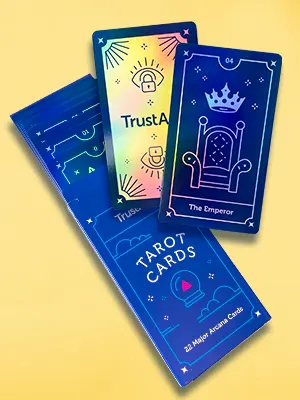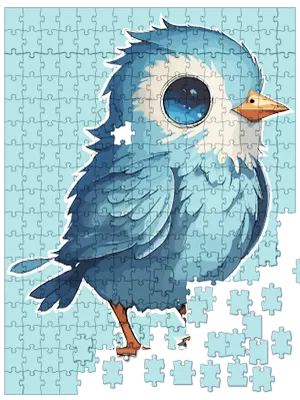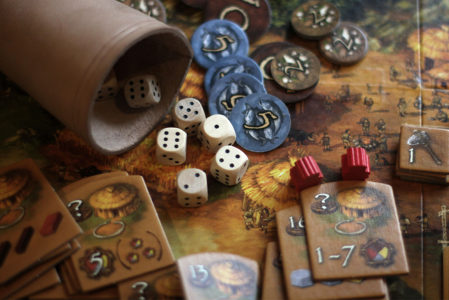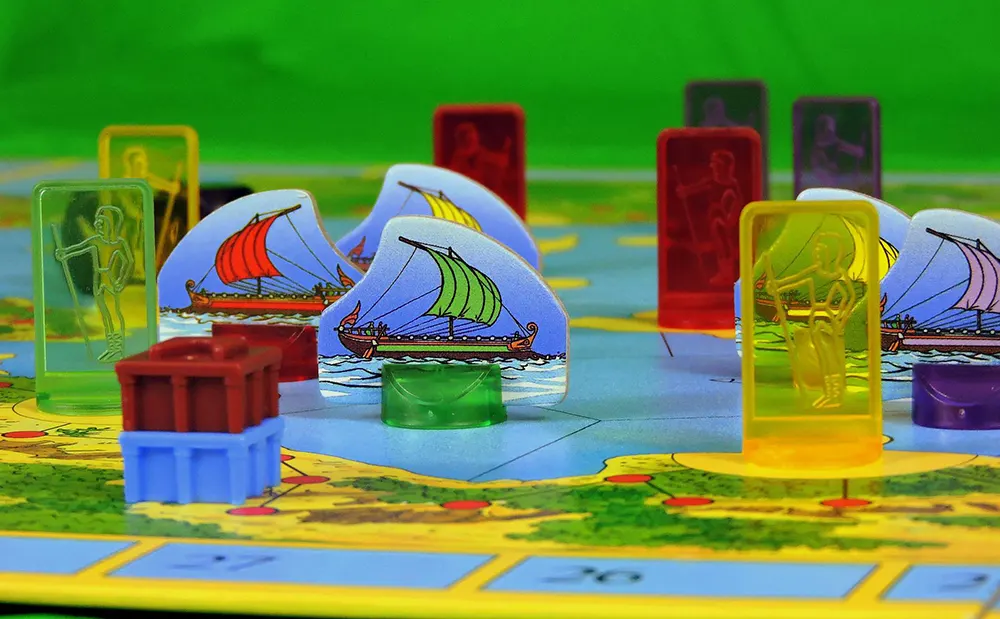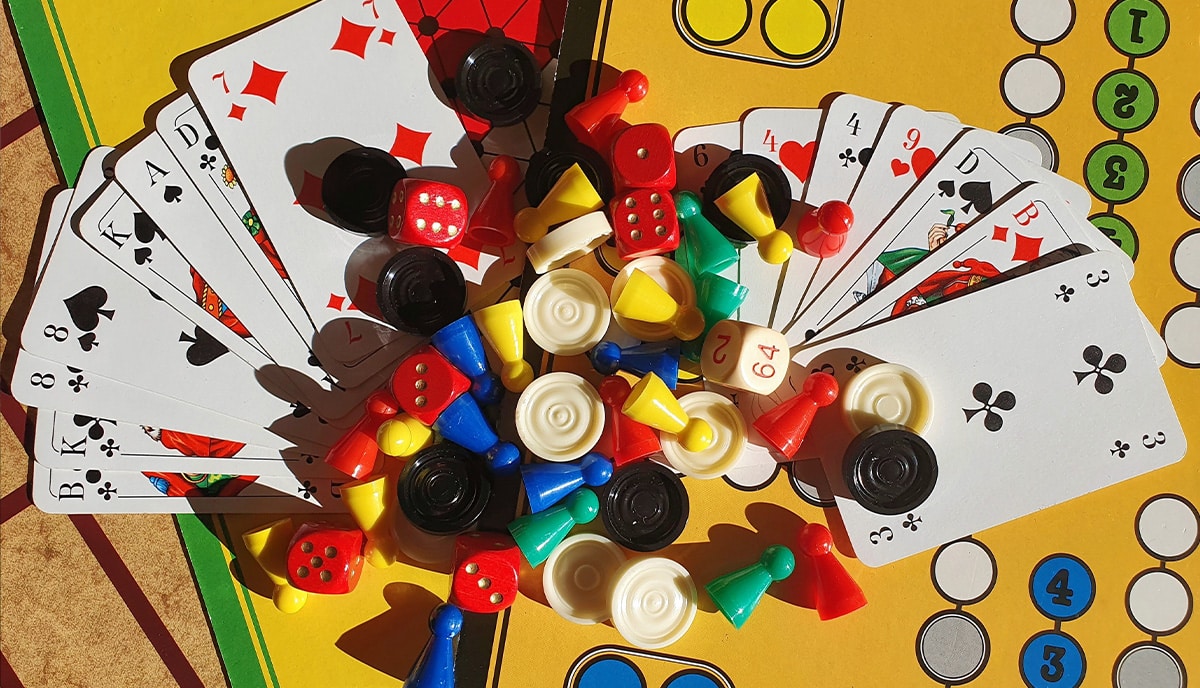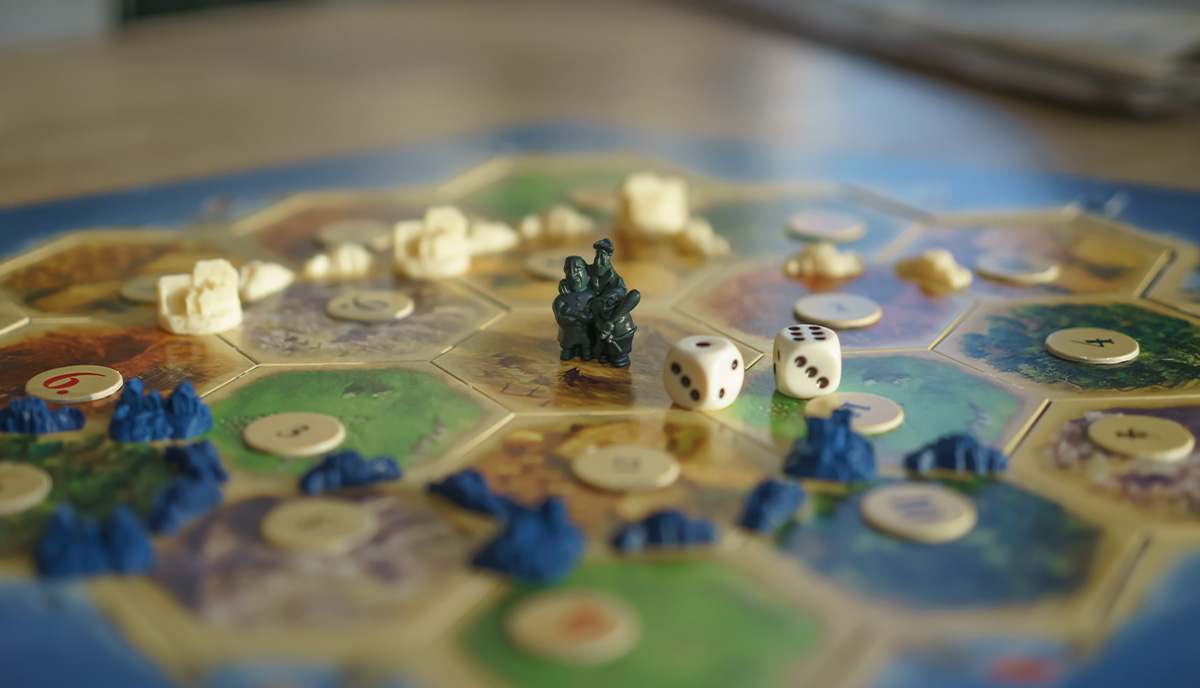Designing a board game is a complex business but also fascinating and lots of fun. Mystery themed board games are as challenging as they are rewarding to design and play. This guide takes you step-by-step through the fundamentals you need to design a successful mystery board game.
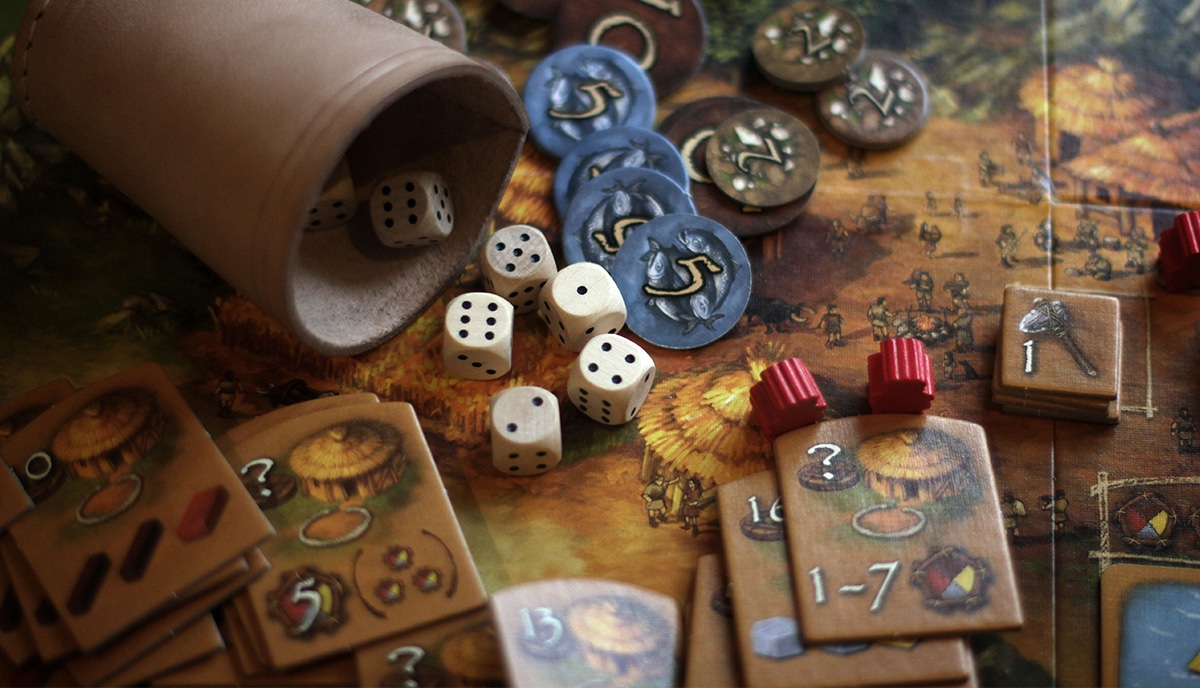
Are you a fan of mystery and crime? Do you enjoy playing board games with your friends and family? Would you like to join the growing community of successful independent board game creators making a side income or even a full-time living from their invention and creativity? If your answer is yes, then designing your own mystery board game is the perfect activity for you. Not only is it a fun and engaging way to spend your time, but it also allows you to exercise your creativity and imagination in new and exciting ways while opening up the possibility of developing your game into a viable self-publishing business.
At QinPrinting, we work with professional and semi-professional independent board game creators every day, helping each to realize their ambitions and literally bring their games to the table! While we can't guarantee your success, we have the knowledge, experience, skills, technology, and commitment to give you the best start. In this step-by-step guide, we will take you through designing your own mystery board game from start to finish.
What are mystery board games?
Mystery board games are a popular genre that has been around for decades. They typically involve players solving a crime or puzzle by gathering clues, interviewing suspects, and making deductions. They can be super-simple logic-based puzzles suitable for all the family such as Clue and Dixit. Equally, they may be far more complex and demanding, designed specifically for adult players. Think of Sherlock Holmes, Consulting Detective, and Betrayal at Baldur's Gate. A little later, we'll look at several of the most popular and successful mystery board games in more detail.
Mystery games may be set in “the real world”—such as 19th century London or downtown New York—or be entirely built around an imaginary location such as a fantasy world reminiscent of The Lord of the Rings or Game of Thrones, for example. Others can include elements drawn from the horror, supernatural, and ghost story genres. But the key factor which makes a mystery game a mystery game is the core aim of solving a crime or puzzle in order to win.
Benefits of designing your own board game
While you've probably played and enjoyed several mystery games, designing your own mystery board game allows you to create a unique and personalized experience for you and your players. It's an opportunity to develop aspects of your favorite games that work well while introducing new concepts and improving other mechanics which you think could be better. You can tailor the game's mechanics and components to fit your desired theme and story, making it more engaging and immersive. And, of course, with a minor investment—most of our professional designers use crowdfunding platforms such as Kickstarter to raise capital—you also have the chance to make a good financial return on your outlay.

Researching and gathering inspiration for your mystery board game
Before you design your mystery board game, it's important to do some research and gather inspiration. You may have already played existing mystery board games and have a good feel for the genre and understand what makes it appealing and successful. But you can never do too much research. While buying all the mystery games out there would get expensive, try encouraging other players at your local games night or club to get involved, borrow and swap games to broaden your experience in the genre, and read all the reviews you can find of current mystery board games. You should also read as many mystery novels as you can get your hands on, watch crime dramas and mystery movies on TV and your favorite streaming service, or even visit escape rooms and live roleplaying events with a mystery theme to gather inspiration for your game's context, objectives, theme and story.
Once you have gathered some initial inspiration, it's important to brainstorm and develop your own ideas. Never ever just copy someone else's game and simply dress it up differently. Aside from being unethical and unlikely to inspire players—who will immediately see that you've cribbed the idea, however smart you think you've been!—you could get into a lot of complex legal trouble over plagiarism and copyright infringement. You need to throw all these ingredients into your magic cauldron of imagination and let them bubble and simmer until you can transform them into something unique and original to you.
Consider what type of mystery or crime you want your game to revolve around, who the suspects and victims might be, and what the goal of the game will be. You can use mind maps, storyboards, or even collaborate with other designers to develop your ideas further. You'll also need to learn about the fundamentals of game design, themes, mechanics, win conditions, components, and more. To help you with that, we've written a comprehensive guide to board game design, which is free to read right here on the blog. It's an in-depth look at every aspect of board game design and runs to 10,000 words, so you'll probably want to bookmark it and come back to it more than once. You can find it here: How to Design a Board Game: A Complete Guide for Beginners.
Developing the idea for your mystery board game
Once you have a clear idea of your game's theme and story, it's time to develop the mechanics and structure of your game. Consider exactly how players will gather clues, what actions they can take, and how they will interact with each other and the game board and other components. It's important to balance challenging and fun gameplay while also keeping the game's narrative and theme consistent. Making it hard enough to engage players, but not so hard that it becomes frustrating, is one of the major challenges for any board game designer. But this aspect is never more important than in a mystery game. In other game genres, problem-solving is usually only one among many aspects of play; in a mystery game, it's the central and most important focus.
Again, doing a lot of research and not only playing other games, but taking time to analyze what works and why is always time well spent. You should also consider the age range of your target players. Obviously, a kid's game will be much simpler than a game intended for full-on adult game-heads! You can use existing board game mechanics for inspiration or create your own unique mechanics that fit your game's specific identity. It's also important to consider the game's pacing and how long it will take to play. You can create a game that is quick and easy to play or a longer, more complex game that will keep players engaged for hours or even last over several sessions.
Understanding the structure and elements of a successful board game
As you'll have understood by now, however attractive your starting idea or setting may be, to create a successful board game, it's important to understand the structure, dynamics, and logistical elements that make up an enjoyable board game. To recap, these include the game's theme, aim, the mechanics, the components, the win condition, and the rules. The aim should be clear and concise, while the mechanics should be intuitive and easy to understand, the components appropriate to the game—rather than merely decorative and distracting—the win condition must be clearly stated and unambiguous, and the rules well-written with examples where necessary. The components of the game, such as the game board, cards, tokens, dice, figures, and more, should be high quality and visually appealing. It's important to play test your game thoroughly to ensure that these elements work together seamlessly.
Designing the mechanics for a mystery themed board game
Designing the mechanics for a mystery themed board game requires careful consideration and planning. Your choice of mechanics and the various ways in which they interact play a huge role in providing a challenging and engaging gameplay experience. Remember that game design is always an iterative process of trying things out, analyzing the results and outcomes, refining or adjusting various elements, and trying it out again. One area in which this process is vital is the business of getting your game mechanics right. The mechanics of your game are your game. The simplest games are just mechanics with no theme, story, or complex components (think Snap!, Poker Dice, and 21, for example). No matter how cool your idea, how well-developed your theme, and how pretty your components, if the mechanics don't work, the game just falls apart.
Some mechanics that work well with mystery themed board games include deduction, bluffing, code-cracking, and hidden information. You can also include elements of chance and luck, such as rolling dice or drawing cards, to keep the game exciting and unpredictable.
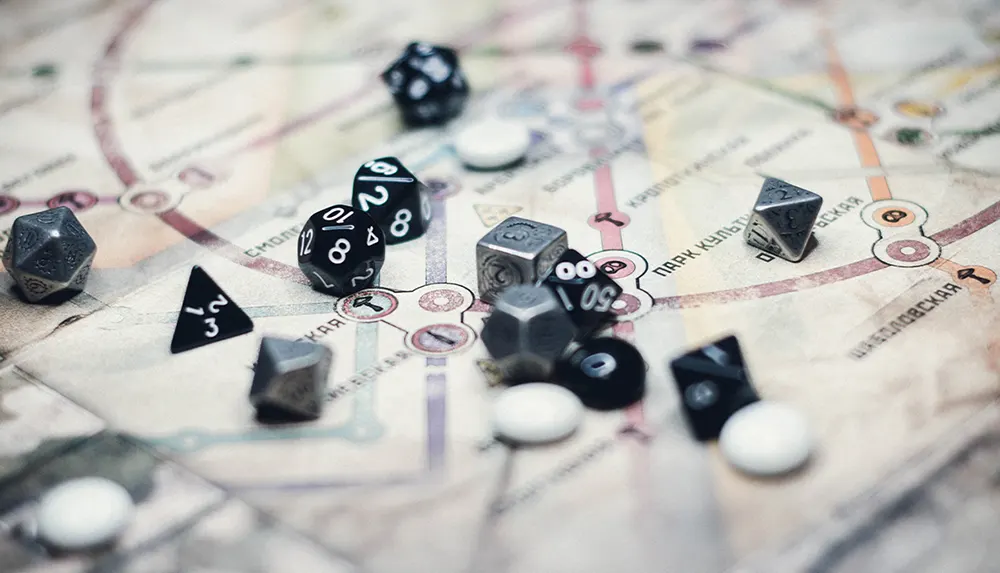
Choosing the components for your mystery board game
Once you have developed the mechanics for your game, it's time to choose the components. This includes elements such as the game board, dice, cards, tokens, counters, meeples, custom figures, and anything else that makes up a physical aspect of the game which is also essential for play. Obviously, it's important to incorporate components that fit the game's theme and story and the mechanics. But equally, you need to consider the quality and durability of the materials, your budget, and the overall design concept. And don't forget that certain components—such as small items which could be swallowed or components that have sharp edges—may not be appropriate for junior players.
You can choose to create custom components from scratch using your own designs or use pre-manufactured components from wholesalers. At QinPrinting, we offer both options: a complete custom components manufacturing service, including everything from dice and counters to 3D models and custom miniatures, cards, boards, boxes, models, coins, and more; and a money-saving option to ask us to source and provide prefabricated components—such as discs, pawns, dice, and spinners, to name only a few—which we can get at very competitive discounts direct from the wholesalers. It's always important to consider the cost of the components and how they will affect the overall price of the game and we often find that the best solution is a mix of custom components where they'll really make a difference and off-the-shelf components for everything else.
Play testing and refining your mystery board game
Play testing is a crucial part of the game design process. It allows you to identify any flaws or weaknesses in the game's mechanics and make adjustments accordingly. You should play test your game with a variety of different players to get a range of feedback. Run the game with your friends and family, sure. But if you want to work at a professional level, eventually, you'll need to get people who don't know you to test and critique how your game plays. There are several ways to do this. For example, you can ask players at a game night if they'd be interested in trying it out; take a prototype along to the local game store or café; or develop an online version to promote through your website or social media which anyone can access in exchange for feedback.
During play testing, it's important to take notes and change the game as needed. It's often a good idea to think ahead and create a questionnaire for your play testers to fill in. But remember to keep it simple and as short as possible, while also leaving an “any other thoughts or suggestions” box in which they can add individual perspectives. You may need to adjust the mechanics, components, or rules of the game several times to ensure that your mystery board game is challenging, engaging, and fun to play.
Famous mystery themed board games for inspiration
If you're struggling to come up with ideas for your mystery board game, you can turn to famous mystery themed board games for inspiration and ideas. Some popular examples include:
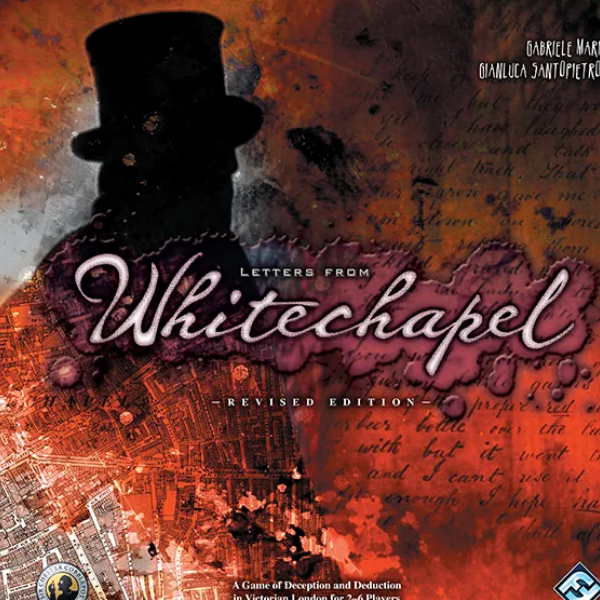
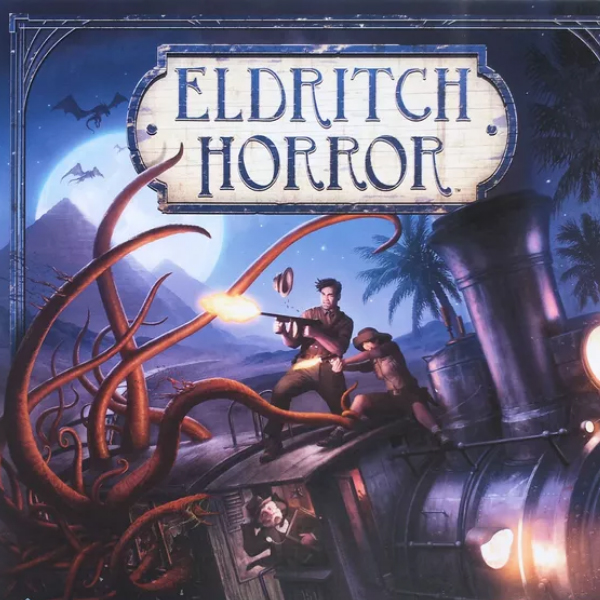
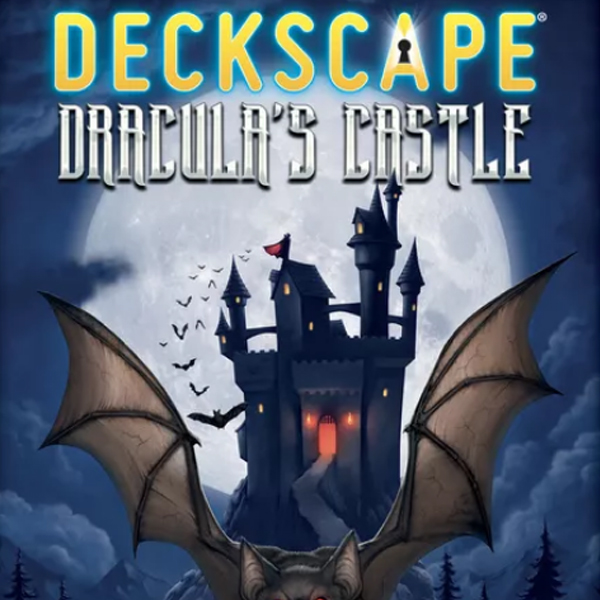
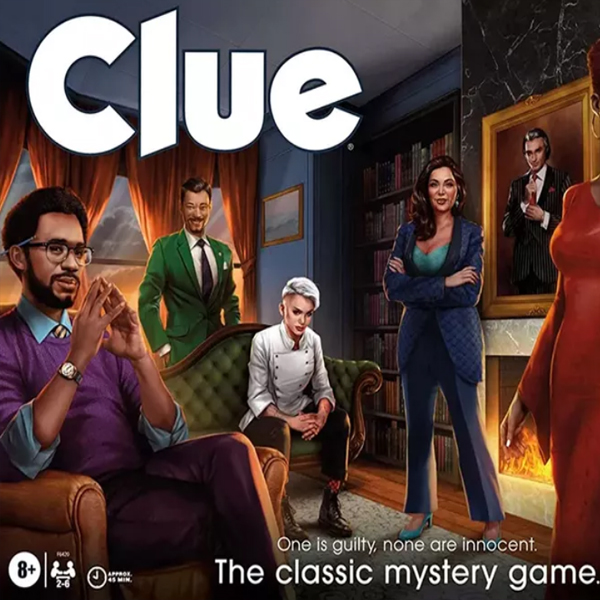
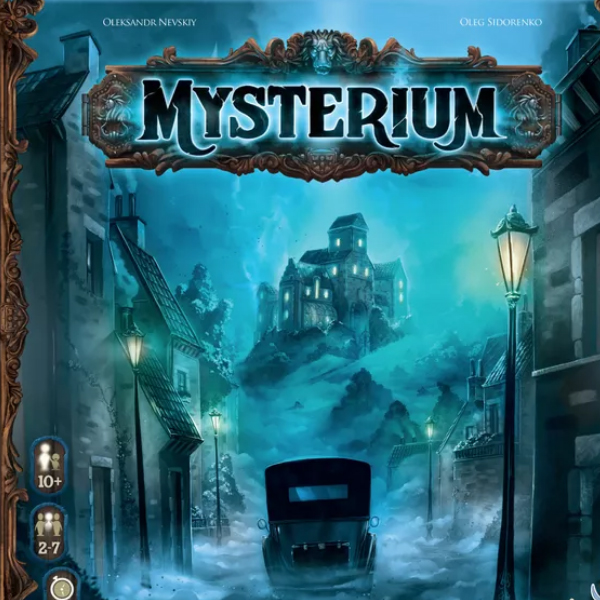
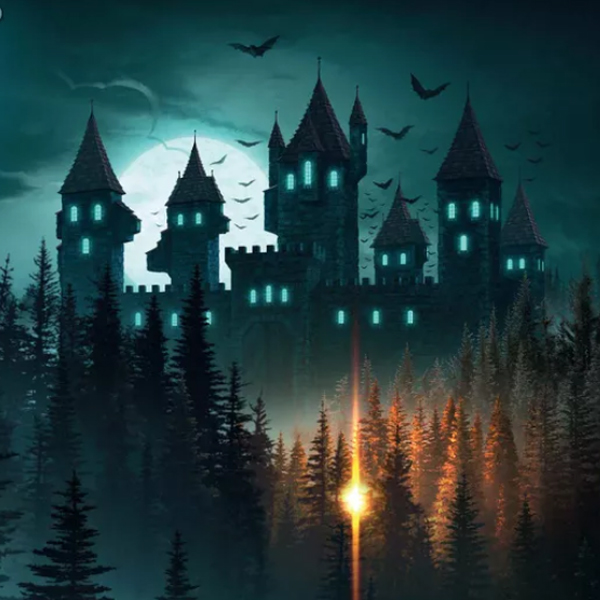
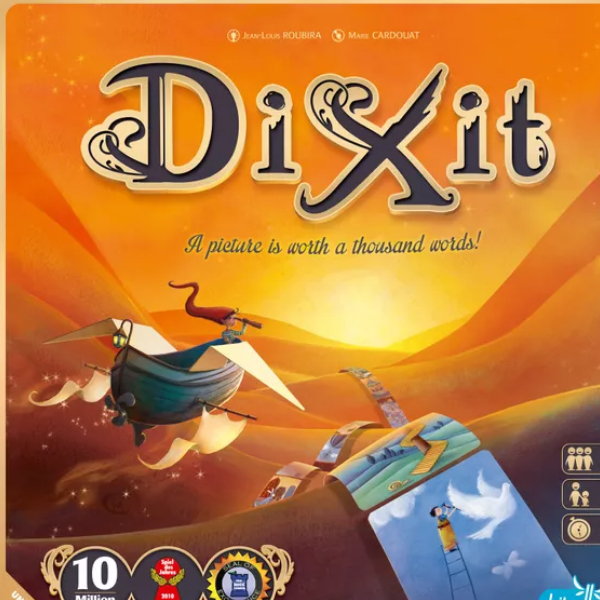
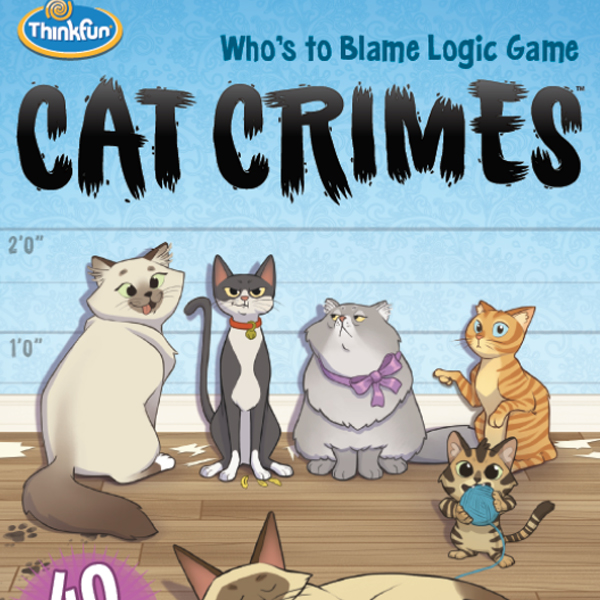
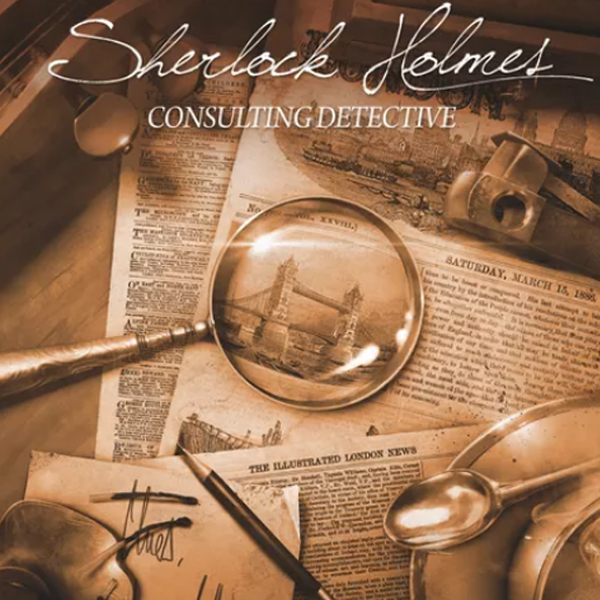
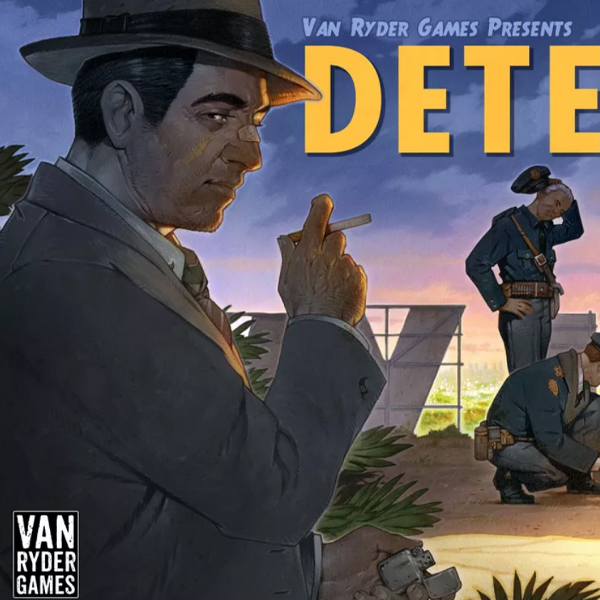
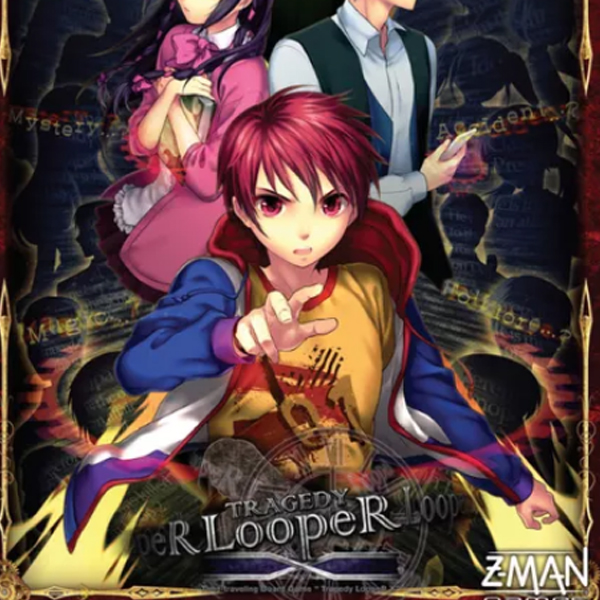

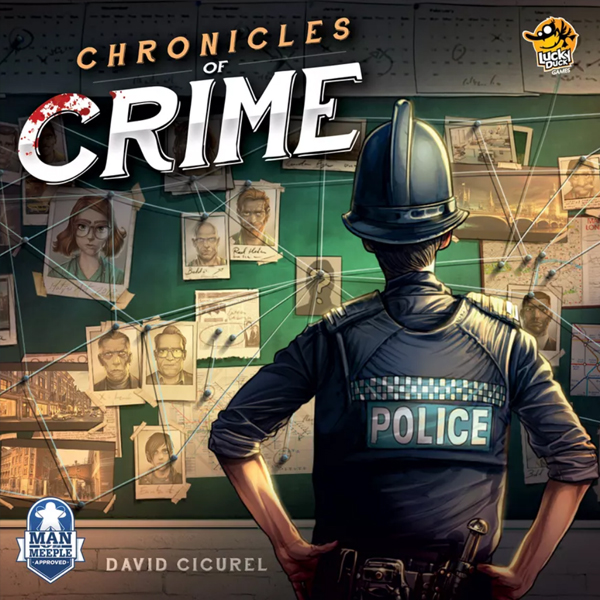
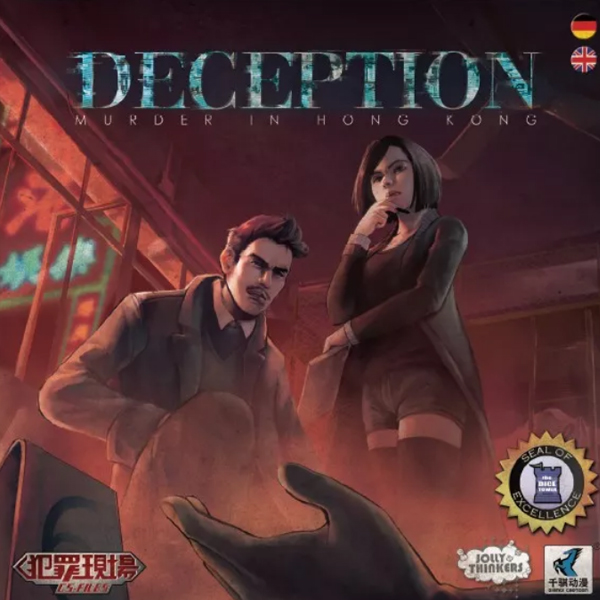
You can also look to other media, such as mystery novels and crime dramas, for inspiration. Consider what elements make these stories engaging and how you can incorporate them into your game.
Bringing your mystery board game to market
If you decide to bring your mystery board game to market, there are several steps you will need to take. It can be quite a complex process, especially the first time when everything is new to you and you have everything still to learn. But there are lots of great resources online—and if you're producing your game with us, we have a wealth of knowledge and experience we'll happily share with you—so, if you take it one step at a time, you'll soon figure it all out. And if you plan to build a business designing, developing, and selling board games, it's a worthwhile investment of your time as you build your knowledge base and develop your workflow so that future game production is faster and more straightforward.
Most independent board game designers who want to take their game to market while keeping complete creative control over their project use crowdfunding platforms, such as Kickstarter, to help fund—or even cover the entire costs—of the production and initial marketing of the game. If that's the route you decide to take, and you choose QinPrinting to print and manufacture your mystery board game project, we can offer you more than just advice, but free design templates, one-to-one technical support, structural design services for components and packaging, and special extras and discounts to support your crowd funder campaign. And that's all included in our board game package. Just sayin'.
Want to find out more? Talk to us!
Designing your own mystery board game is a fun and rewarding experience that allows you to exercise your creativity and imagination, realize your ambitions, and potentially bring your ideas to public attention. By following this step-by-step guide, you can start out on the exciting journey to create a unique and engaging game that will provide hours of entertainment for you, your friends and family, and even thousands of enthusiastic and appreciative gamers far and wide. Whether you decide to bring your game to market or simply enjoy it as a hobby, designing your own mystery board game is an activity that is always as rewarding as it can be challenging.
At QinPrinting, we've got well over 25 years success in the industry under our belt, an expert team, state-of-the-art technology, and bucketloads of enthusiasm and experience to offer you. We also offer the best pricing in the world for the quality and extent of the services that we provide. Whatever stage you're at on your board game design journey, let's talk! We'd love to hear your ideas and help you create the best, most professional version of your game that you can make.


